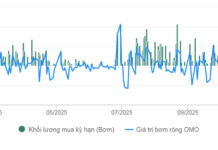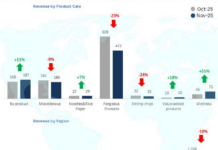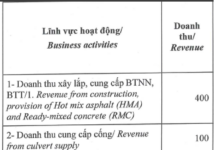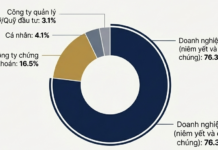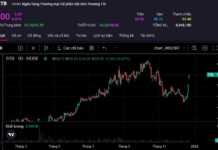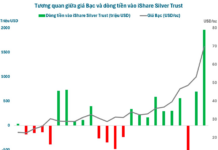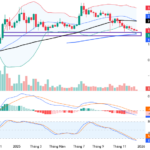As reported by Nguoi Lao Dong Newspaper’s journalists, on numerous social media groups and communities, groups specializing in “consulting, debt evasion, and debt cancellation” with tens of thousands of members frequently share experiences of borrowing money from financial companies, loan apps, and bank credit cards.
“I owe nearly VND 90 million on credit cards from four banks, but due to unemployment, I haven’t been able to repay the debt since the end of 2022. In the past few days, a debt collection company has been contacting me, demanding repayment and sending debt notices to my local authorities,” shared an anonymous account on the “Chuyen Tu Van Bung No” group with nearly 22,000 members.

|
Other members post debt collection notices and debt notices from financial companies and banks after they borrowed and failed to repay, asking if “debt evasion will have any consequences.”
The trend of “encouraging each other to evade debt” emerged in 2023 and has persisted. Many financial companies and banks are still grappling with this issue.
In these groups and communities, daily posts inquire about tactics to “evade debt” and “avoid repayment” to loan apps, financial companies, and bank credit cards.
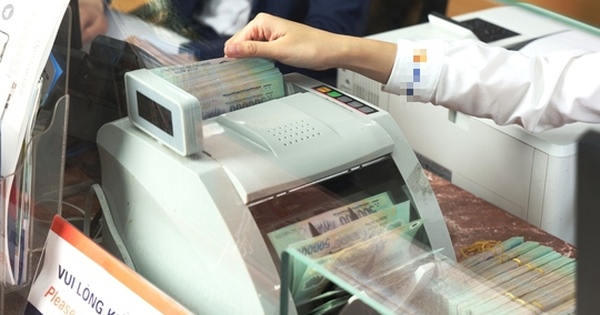 The issue of “borrowing without repayment” remains prevalent.
|
Some members even openly advertise debt evasion services at various price points, although the reliability of these services cannot be verified.
At a recent seminar on “Healthy Development of Consumer Credit and Combating ‘Black Credit'” organized by the State Bank, the bank’s leadership noted the emergence of criminal activities exploiting social media to form groups that teach and encourage each other not to repay debts, engage in fraud, and impersonate companies.
Consequently, this affects the consumer credit activities of credit institutions and the healthy development of the consumer credit market.
Fe Credit, a financial company, shared that it is facing a challenging issue common to the industry: organized debt evasion by a segment of its customers. If, in the past, debt collectors at financial companies faced pressure and psychological impacts from customers’ reverse threats, the situation has now evolved.
“A group of customers deliberately equate the legitimate debt collection activities of reputable financial companies with illegal activities, boycotting and delaying debt repayment. They also entice others to join ‘debt evasion’ groups on social media, sharing tactics on ‘how to evade and default on loans’ to deal with debt collectors and shirk their repayment obligations,” said a Fe Credit representative.
According to financial experts, borrowers’ evasion of repayment obligations affects their credit history. A bad credit record will hinder their ability to borrow in the future and expose them to legal risks, such as potential lawsuits by financial companies and banks.
In fact, some financial companies and commercial banks have initiated legal proceedings against customers who deliberately evade or delay repayment over an extended period.
During 2022-2023, Fe Credit filed lawsuits against over 1,000 customers. The company remains committed to its course of legal action against customers who lack goodwill or deliberately shirk their debt repayment responsibilities.
Thai Phuong
Luxury Apartment Prices Slightly Decreased
As the reformed laws and regulations in the real estate and land sectors take effect, it becomes easier for developers and social housing buyers alike. Consequently, the supply for this segment of the market is expected to increase, leading to a decrease in apartment prices that aligns with the actual needs of the people.








